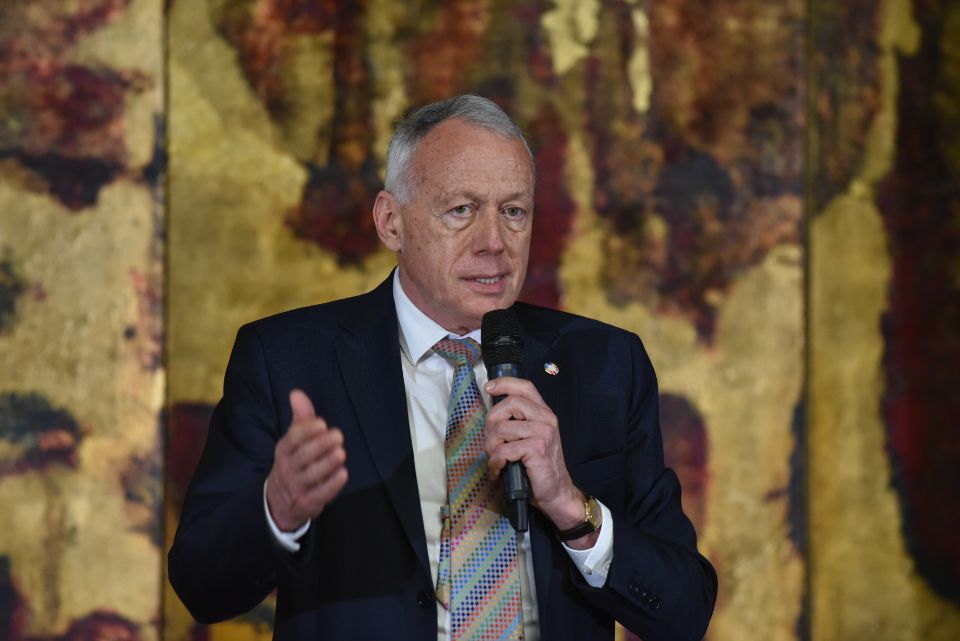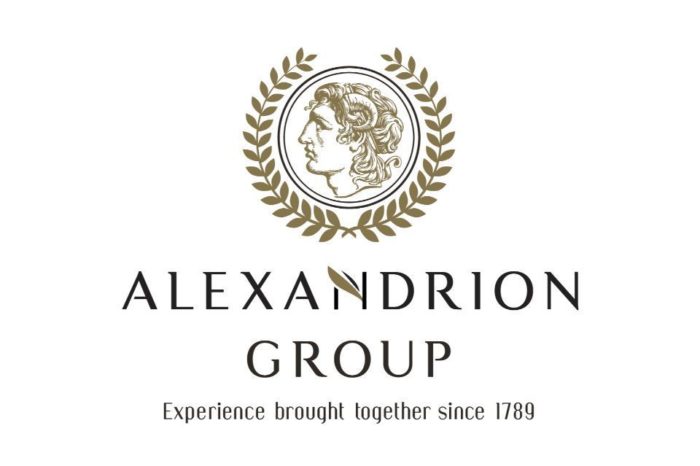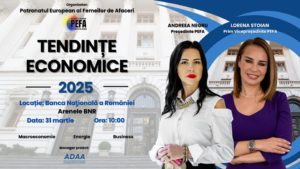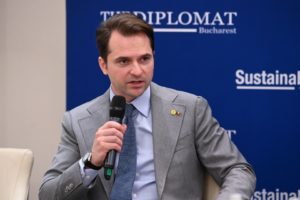State councillor Laszlo Borbely: “Romania will have 2,000 experts in sustainable development by 2026”

The establishment of the Romanian Code of Sustainability is an important step in the implementation of the National Strategy for Sustainable Development of Romania 2030.
“The Code will create transparency and comparability regarding the performance of entities. Based on the experience of Germany, a consultant involved in this project has already started developing the code that will clearly and transparently reveal the attitude of the business environment towards the application of the principles of sustainable development. The deadline is around March 2023,“ Laszlo Borbely, State Councillor, Department of Sustainable Development Government of Romania told The Diplomat-Bucharest.
What were the most important sustainable development goals that were implemented in 2021?
“In order to outline a clear picture on the stage of implementation of the Sustainable Development Goals in Romania and because decisions with an impact on our future must be based on reliable data, we launched in 2021 the brochure “National Indicators for Sustainable Development HORIZON 2020”, together with the National Institute of Statistics, material developed on the basis of a complex report. The experts made concerted efforts to identify relevant, pre-existing data for the targets in the National Strategy for Romania’s Development 2030.
Two years after the adoption of the strategy, the data presented show the stage in which Romania is in the process of implementation and indicate the areas in which action is needed to meet the national objectives of sustainable development by 2030.
Before the COVID-19 pandemic broke out, more progress was made in the economic area than in the social and environmental fields. The pandemic has slowed the implementation of the SDGs and, in some cases, setbacks. The crisis has affected all segments of the population, all sectors of the economy and all areas of the country. Not surprisingly, the pandemic has hit the most vulnerable groups, exposed inequalities in our society, and exacerbated existing disparities.
In this context, one thing is clear, namely, directing efforts towards the implementation of the SDGs, which is the basis for a resilient, equitable and sustainable recovery.“
When do you estimate that Romania will finalize and implement the Sustainability Code?
“The establishment of the Romanian Code of Sustainability is another important step in the implementation of the National Strategy for Sustainable Development of Romania 2030. The Code will create transparency and comparability regarding the performance of the entities. Based on the experience of Germany, based on a Memorandum of Understanding, the consultant involved in this approach has already started developing the code that will clearly and transparently reveal the attitude of the business environment towards the application of the principles of sustainable development. The deadline is around March 2023.“
What are the priorities of the Interdepartmental Committee for Sustainable Development in 2022?
“As you know, the meeting of the Interdepartmental Committee for Sustainable Development took place recently, under the chairmanship of Prime Minister Nicolae Ciuca, with the participation of members of the Government.
Among the immediate priorities for 2022 we mention first of all the presentation to the Romanian Parliament of the Report of the Romanian Government on the implementation of the Sustainable Development Goals in 2021. The Committee will also closely monitor the status of the National Strategy on the Circular Economy long-term renovation to support the renovation of the National Park of Residential and Non-Residential Buildings.“
What are your plans for increasing the number of sustainable development experts in Romania?
“I believe that in any field we need experts in sustainable development. What we have developed in the Department of Sustainable Development is the occupational standard for this profession, as an expert in sustainable development. The concept around which this standard was built was that we need experts in various fields who have a holistic view of sustainable development. Thus, regardless of the type of organization in which they operate, they will have the capacity to promote and implement the principles of sustainability. By 2026, we estimate that we will have 2,000 experts. The first action in this regard will be taken this year, when about 150 people will be trained.“














